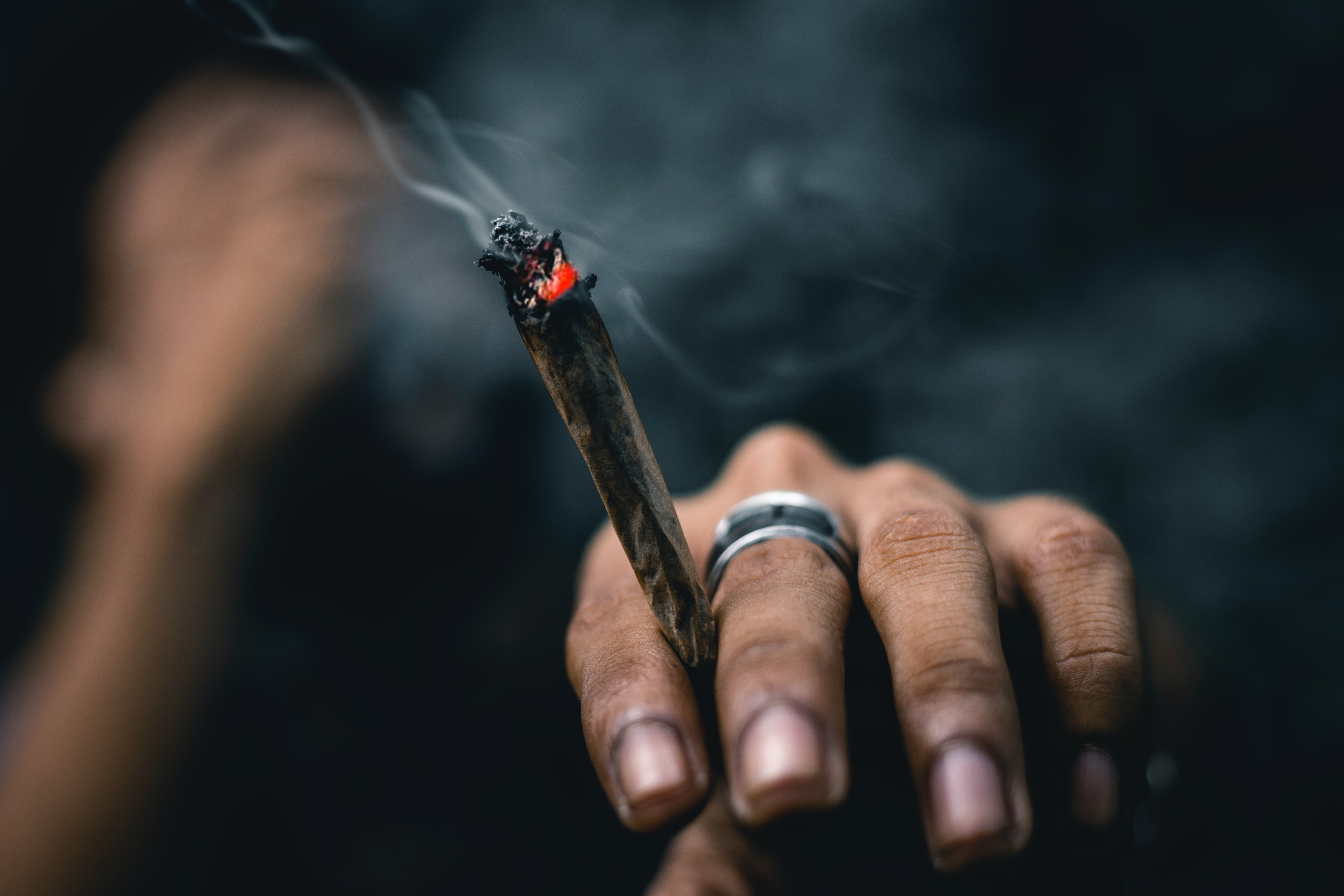The legalization of cannabis has been a widely debated topic over the last several years. As more and more states continue to make recreational use legalized, there are still many parts of the county where it is prohibited, even for medicinal purposes.
Regardless of which side of the argument you fall on, one thing that’s pretty black-and-white is this: Black people have been historically incarcerated at much higher rates than others for cannabis possession. Even though marijuana is used at pretty even rates across the board, Black people are almost four to ten times more likely to be arrested – and given harsher sentences, like life without parole.
It seems absurd to agree that non-violent offenders deserve life in jail without hope of release. But that’s precisely what happened to Fate Vincent Winslow, a homeless man in Louisiana who is serving time for selling a mere $20 worth of weed to an undercover cop. Another man, Dale Wayne Green, is also serving his sentence for being the middle man in a small sale of pot. The common denominator: Neither of these men was white.
Even when an arrest doesn’t end in jail time, it can still stay on a person’s record for years and negatively impact them for the rest of their lives, keeping them from gaining employment or finding housing and continuing a cycle of poverty and inequality for future generations.
Thankfully, there is progress. (Albeit slow.) Arrests are down, and bills like the MORE Act are trying to right these wrongs. As explained by Democratic Rep. Jerrold Nadler, New York:
“It would also take steps to address the heavy toll these policies have taken across the country – particularly among communities of color. For far too long we have treated marijuana as a criminal justice problem instead of as a matter of personal choice and public health. Whatever one’s views are on the use of marijuana for recreational or medicinal use, the policy of arrest, prosecution and incarceration at the federal level has proven both unwise and unjust.”
It’s also important to note that with legalization also comes new opportunities, and cannabis is a billion-dollar market that’s expected to only grow over time. Despite this, only 4% of cannabis businesses in America are Black-owned. In this article, Amber Littlejohn, the executive director of the nonprofit Minority Cannabis Business Association, explains that “Black and other minority populations have borne the brunt of cannabis prohibition and the decades-long ‘war on drugs,’ while the economic benefits of legalization have mainly gone to white men.”
Again, regardless of your feelings on the topic of marijuana use, the fact of the matter is that punishment – and now opportunity – has been determined by the color of your skin. We now have a chance to help right those wrongs by supporting minorities in the cannabis industry who are using something once held against them to create opportunities for themselves, build generational wealth, and break the cycle of poverty.
Not sure where to start? Here’s a list of several advocacy groups you can help support:

